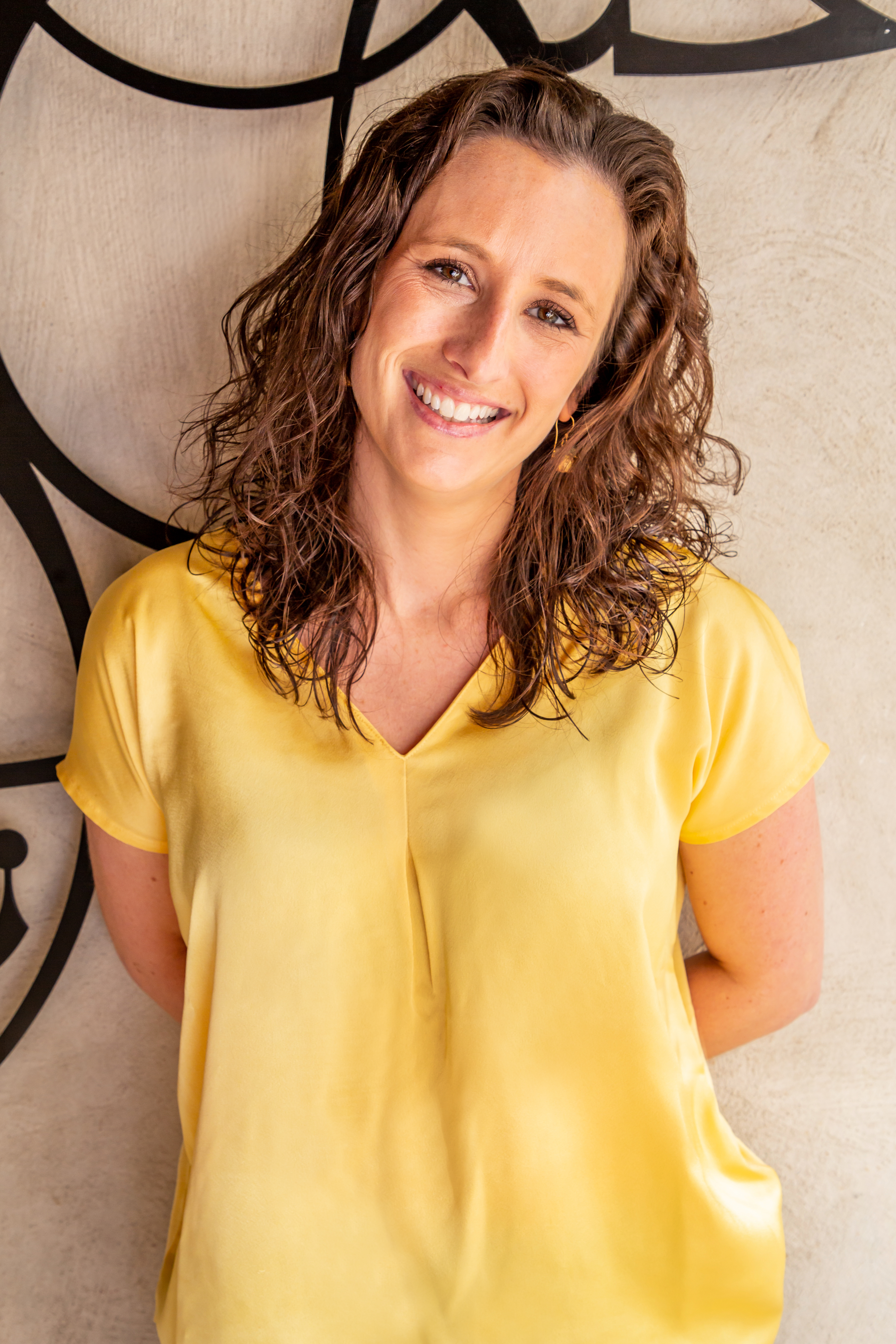Against a backdrop of globally rising anxiety, depression numbers at their highest and Brexit-related uncertainty, the pandemic continues to create a re-imagining of what health and wellness means to us. As we enter a year that may also offer us the worst economic downturn that we have seen, our wellbeing has never been more important.
In a recent survey conducted by AXA, 64% of respondents said that their stress levels had increased since before the pandemic while 81% said that they had a 'poor' or 'low' state of mind. Further research from O.C. Tanner's 2021 Global Culture Report, which surveyed 40,000 employees and leaders across the world including over 1,600 from the UK, shows that Covid has driven burnout rates up by 81%. The connection between our mass uncertainty surrounding job security, financial hardship, a lack of social contact and a potentially fatal virus have led us to see the highest levels of emotional stress in many years. We are living in tenuous times.
Could higher levels of empathy be a key part of our recovery?
Whilst empathy alone won't solve the extent of our emotional challenges, our connectivity as people will go a significant way in building the foundations we need to recover. As human beings our need to belong is evolutionary. It can be seen throughout all of society and it fundamentally drives our wellness, our happiness and even our immunity.
People spend a great deal of time ensuring they are understood and recognised as part of social groups, igniting their own identity and safety by doing so. Our ability to understand each other and connect because of this is deeply intertwined with our mental health and strength. We are quite literally built to seek social companionship and understanding, and it is deeply interlinked with our resilience and ability to thrive in adversity.
"Human beings are an ultra-social species - and our nervous systems expect to have others around us," Emiliana Simon-Thomas, PhD, Science Director of the Greater Good Science Center at The University of California, Berkeley
Given this ongoing macro reality, we are seeing an overt need and demand for emotional wellbeing support in the workplace. As human beings we do far better together than we do apart, and the pandemic has altered our requirements for finding this at work as well as at home. If there was ever a time for HR and leadership teams to shine and prove a connected and emotional intelligent organisational culture it is now. It has become a criteria for both performance and loyalty. Seeing people for their own unique circumstances has become the need of the hour and regenerating trust and conversation via open and empathetic communication has become a key differentiator in the companies that thrive.
Research indicates that being able to use empathy in all environments, home and work, is crucial for our mental health and that it adds immeasurably to our wellness. This may be the reason we are seeing such a fast evolution in our understanding of this ancient skillset that we are born with. As we face many more months of disruption and the widespread fear of "never seeing the end" deepen, we all need to commit to extending our innate understanding of one another far beyond our own bubbles alone. We could argue that our survival as a healthy and strong society depends on it.
After 30 years of declining empathy levels, this skillset may be in short supply but our need to change this has never been in higher demand. As our collective understanding of this rises, we are seeing a widespread recognition that humans need to be more connected, more aligned, kinder and more "human" than we have seen in the isolated freefall of the last three decades. This is a survival imperative.
True empathy may not be easy to master but it is the most powerful expression of our shared humanity and in a world of continued turmoil, it may just be the sharpest tool we have for our emotional recovery.
Mimi Nicklin is the host of Empathy for Breakfast show, Secrets of The Gap podcast and author of new book Softening the Edge


